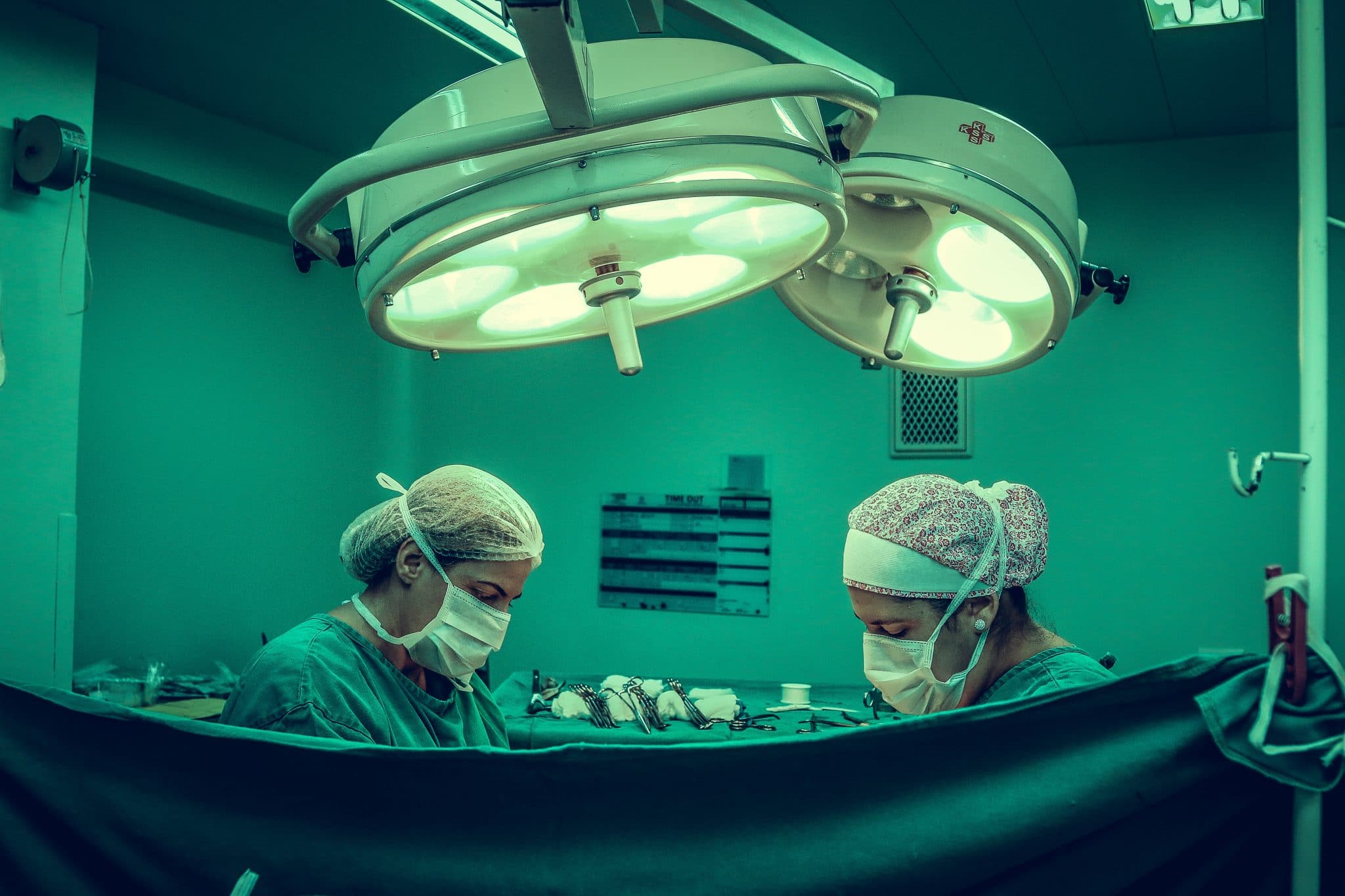If you have to choose, health and well-being come first before aesthetics. That is simply logical and practical. This is why here at Breastenlargement.name, we always emphasize the healthiest options for breast augmentation and cosmetic enhancement. This is especially important with the revelation that breast implants can have a significant impact on one’s immune system.
Established Breast Implant Health Issues

There have been many health concerns associated with breast implants, particularly of the silicone variety. A good number of them have even been tackled in past articles like Breast Implant Illness at this very site. Cosmetic surgery is already an invasive procedure by itself. Putting a foreign object in one’s body, as in the case of breast implants, is a health risk.
With the continued march of science and medical technology, studies reveal new data and facts. And one particular study has explored the effects of breast implants on the immune system. This is certainly a troubling matter that needs to be looked at more closely.
Breast Implant-Associated Anaplastic Large Cell Lymphoma
There have long been speculations and research on what effect breast implants have on the immune system. Cosmetic surgeons and breast implant manufacturers have understandably been downplaying these. However, the evidence to support the negative feedback continues to pile up.
One of the newest reports looks into the effect of silicone implants influence the development of Anaplastic Large-Cell Lymphoma. This condition is one of the types of cancer that affects the immune system. This is completely different from breast cancer. Specifically, there is a condition called Breast implant-associated anaplastic large cell lymphoma (BIA-ALCL).
According to the data, this abnormal condition can affect women who have received breast implants. The particular implants in question are the variety with rough textures. It can spread to the scar tissue. Later on, it can go through the lymph nodes. Left untreated, the effects can be critical or even fatal.
The symptoms for this disease are as follows:
- Tangible lumps
- Unusual Pain in and around the implant area
- Redness and Irritation
- Fluid accumulation and visible swelling
Note that these symptoms are not uncommon with other potential conditions. But it is best to seek a professional’s attention for them, in any case.
Fortunately, early detection can lead to effective treatment. This involves surgically removing the implants. The scar tissue would need to be properly removed as well, in order to avoid any cancer cells from spreading.
While the numbers for those who become afflicted by breast implant-associated anaplastic large cell lymphoma is small, it should not be ignored.
Breast Implants Are Health Risks
There are always risks whenever a procedure involves surgery. But there are still those who will choose this option for breast implants to “look better”. If you are one of those who would select it as the primary option for breast enhancement, then arm yourself with awareness. Knowledge is power, after all.
Consequently, you should look at natural and safer breast enlargement such as creams, pills, massages, or more esoteric choices such as hypnosis. And our goal at this site is to empower you and every visitor with information, news, and advice on breast health and augmentation options.
Common Questions
Recent research highlights a link between certain breast implants, particularly those with rough textures, and a type of lymphoma called Breast Implant-Associated Anaplastic Large Cell Lymphoma (BIA-ALCL).
While not all breast implants lead to health issues, some individuals experience complications like BIA-ALCL, pain, lumps, redness, and swelling. Consult a healthcare professional if you notice any unusual symptoms.
Gummy bear implants, known for their cohesive silicone gel, were not specifically recalled, but textured implants, including some gummy bear implants, were linked to BIA-ALCL and faced scrutiny.
Long-term complications may include capsular contracture, rupture, implant displacement, and in rare cases, BIA-ALCL. Regular monitoring and prompt medical attention for any concerning symptoms are crucial.
